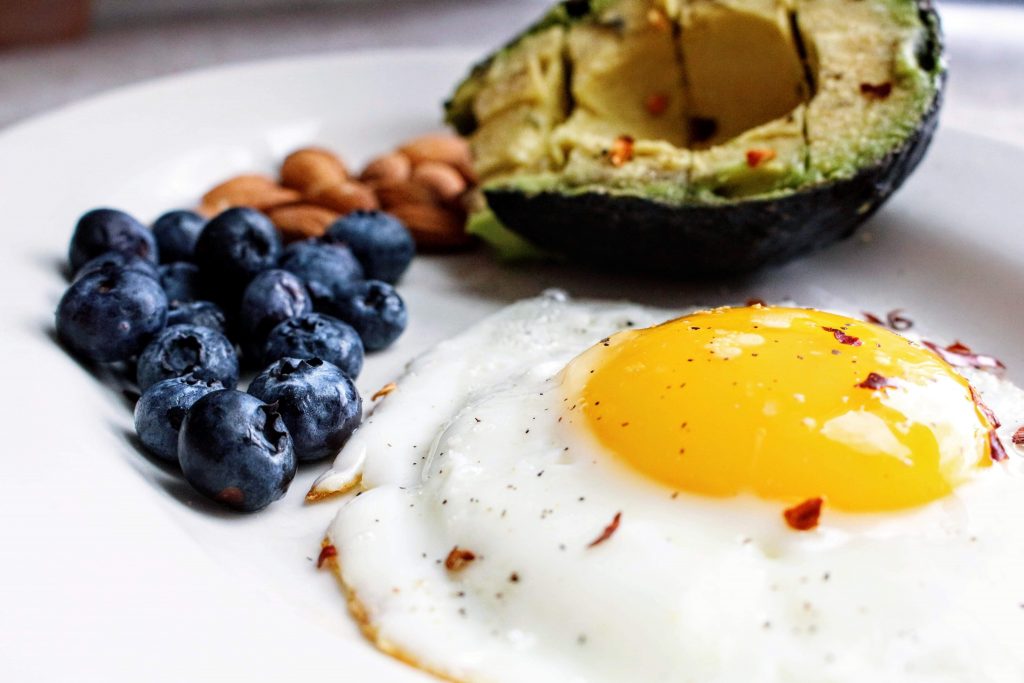Top New Diet Trends for 2020 – Diets come and go over the years, but for many reasons, the need to control the intake of food is a very personal and creative endeavor. While some people believe the “caveman” way of eating is best, others chow down on foods recommended by their blood type.

So, how do you find the perfect type of diet for you in the coming year that will allow you to maintain your health and stamina in a very busy world? Here are diets that nutritionists believe are the best new trends of the coming year.
Ancient Grains
Consumers are becoming increasingly wary of GMO products, and that includes the modified grains and cereals presented on the market today. That is why there has been a sudden influx of natural ancient grains over the past five years, culminating in the advancement of ancient stone-ground flours. The most popular ancient grains are quinoa, spelt, farrow, bulger, millet, and teff. Each of these grains is nutrient dense and can have a positive impact on your gut’s health.
Plant-Based
A trend toward healthy eating using plant-based foods began a few years ago but has kicked into overdrive in the past two years. When searching through the supermarket shelves, you may find plant meats, cheeses, and snack foods. While there are several types of plant-based diets currently trending, don’t be surprised to find that consumer demand has pushed hard enough that fast food operations are now presenting “hamburgers” and tacos filled with plant-based meats. If you are a snack eater, check out this list of lectin free nuts allowed on one of the most popular plant-based diets.
Regenerative Agriculture
Using ancient farming methods to improve soil health and promote strong plants, the regenerative agriculture programs have become big business over the past few years and will continue to build as consumers become more aware of the system. By omitting tillage, allowing organic matter to naturally decompose, and promoting diversity in soil microbes, nutrients can provide healthy habitats for insects and humans alike. With healthier soil available, plants are better able to provide much needed nutrients for human consumption – and that is exactly what consumers are demanding.
Organic Everything
Consumers once supported an organic movement for foods in their supermarkets, but that movement has spread to include restaurants, farming methods, and fast foods. With the increase in organic food consumption, preparation and transportation of goods have also come under scrutiny with buyers demanding organic goods not be sprayed with preservatives to prolong shipping or shelf life. As customers begin demanding the availability of organic food options at restaurants and fast food establishments, the paradigm shift may become more apparent across the food industry.
Grain-Free
After several years, the push to eliminate grain from diets has reached a pinnacle of popularity in the form of paleo and keto based diets. Consumers have become very vocal about participating in these two diet experiences and are demanding more grain-free choices. As manufacturers rush to fill the demand of these consumers for a larger variety of foods and snacks, grain-free chips, crackers, breads, and sauces are filling store shelves. Although cassava flour has become a staple grain-free option for cooking, more almond, seed, and tapioca flour replacements are now showing up in ready-made food items for consumers that want more diet options.
No Alcohol
One of the most surprising diet trends from last year is the self-imposed limitation or exclusion of alcohol from the diet. People are consciously choosing to go “booze free” and choose “mocktails” instead of cocktails. You can look for this trend to continue.
You can expect the appearance of new types of foods during the coming year that support the different diet trends, but more importantly, some trends will lead to new ways of life for many individuals. As consumers find diets that make them healthier, the trends will become staples in society. That means information about personal nutrition, microbiomes, sustainable foods, and detoxification may become standard discussions in the coming year.
